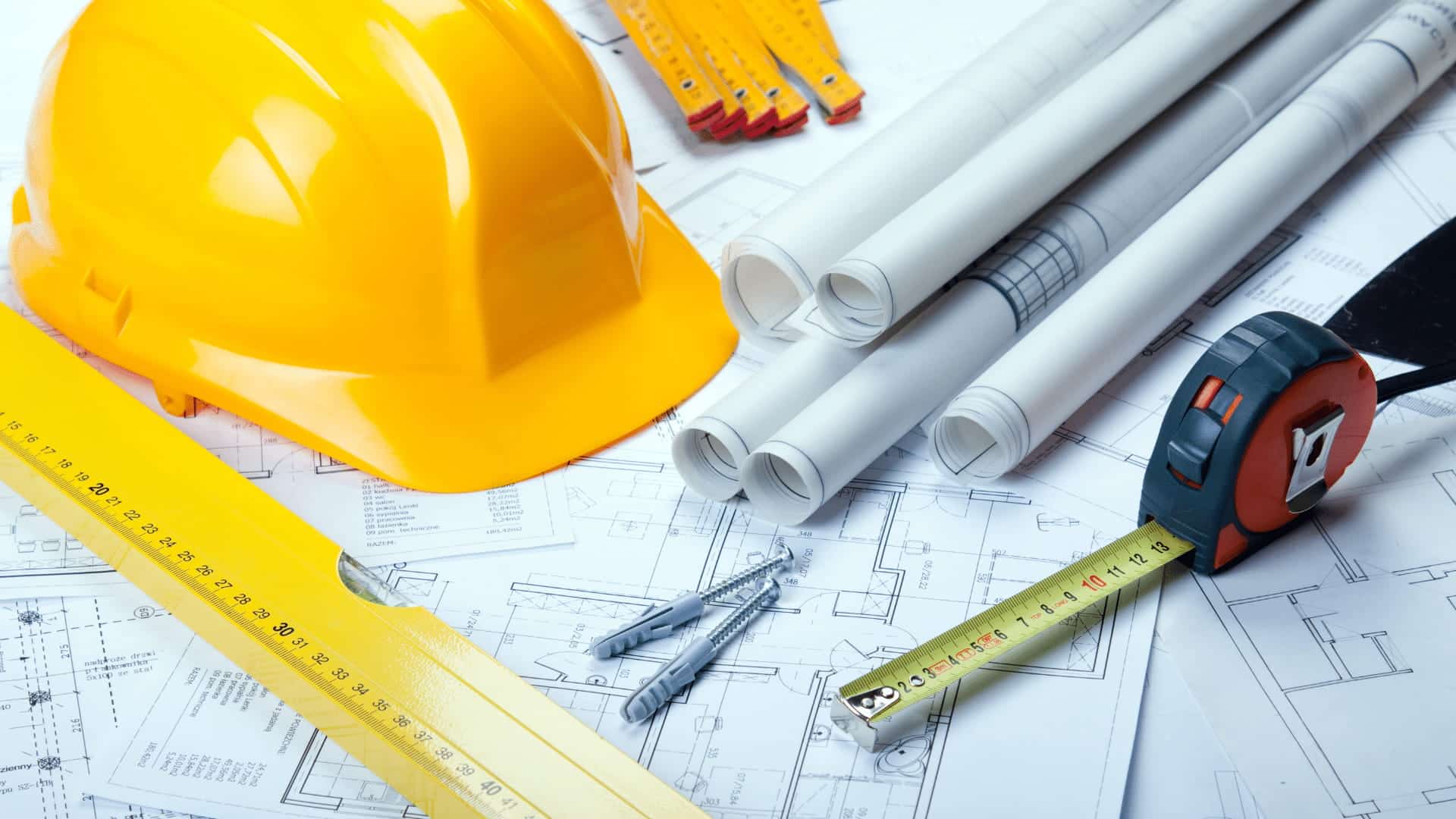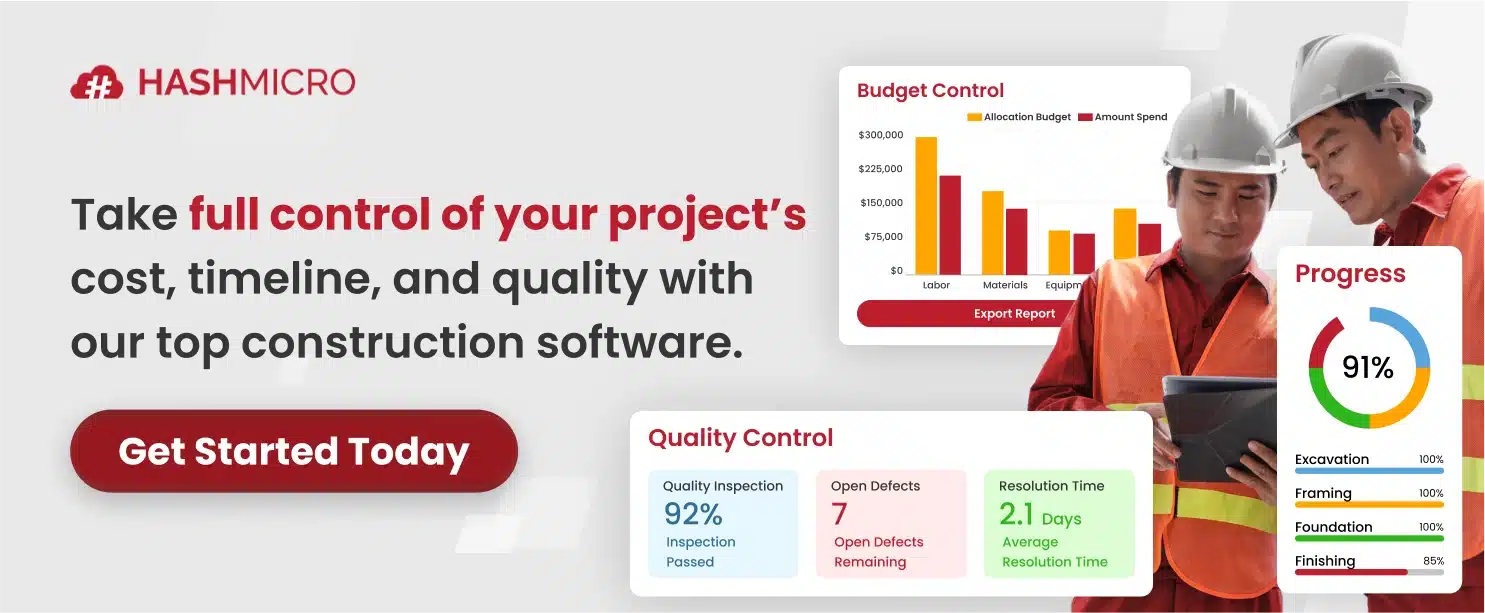The EPC system is a process that analyzes a design and identifies potential problems that may arise during the project. The system can also determine preventative measures to mitigate these issues. Additionally, this system can prevent potential financial issues, scheduling delays, contract management problems, and other similar issues.
As a business owner, implementing an EPC system can help ensure that your projects run smoothly and that potential problems are addressed before they occur.
By utilizing this software, you can reduce the associated risks and improve the overall quality of your projects. This can help you save costs, improve customer satisfaction, and increase the profitability of your business.
Key Takeaways
|
What is EPC?

EPC stands for Engineering Procurement Construction. This refers to a type of software that helps manage and automate the process of designing, procuring, and building. Thus, companies use it for industrial plants, infrastructure projects, and other capital-intensive projects.
EPC software typically includes modules for project planning and scheduling. Also, cost estimation and management, material and equipment procurement, along quality control. The software can also provide real-time collaboration and communication tools to help teams work together more effectively and efficiently.
Overall, Engineering Procurement Construction software can help companies optimize their project management processes, reduce costs, and improve the quality and timeliness of project delivery.
By automating many of the repetitive and time-consuming tasks involved in the process, this software can help project teams focus on the more strategic aspects of the project, such as design innovation and construction quality.
By automating many of the repetitive and time-consuming tasks involved in the process, these software development services can help project teams focus on the more strategic aspects of the project, such as design innovation and construction quality.
EPC Project Stages
Engineering Procurement Construction (EPC) projects are complex undertakings that require a comprehensive approach to project management. Successful projects require careful planning, meticulous attention to detail, and effective collaboration among all stakeholders involved.
Master plan of EPC

The first stage of an EPC project is to develop a master plan that outlines the overall scope, objectives, and constraints of the project. This includes identifying the project goals, establishing the project timeline, and estimating the project budget.
The master plan acts as a roadmap for the project, outlining the major milestones and deliverables that the project team must achieve to complete the project successfully.
Basic engineering design
The next stage of an EPC project is to develop a basic engineering design, which includes the conceptual design and detailed engineering of the project. This includes identifying the technical requirements, specifying the equipment and materials needed, and creating a detailed design plan for the project.
The basic engineering design serves as a blueprint for the project, providing a detailed guide for the construction and procurement teams.
Tender
Once the basic engineering design is complete, the project team can move on to the tender stage. This involves soliciting bids from vendors and suppliers for the materials, equipment, and services needed for the project.
The tender stage is critical to the success of the project, as it ensures that the project is delivered at the lowest possible cost while still meeting the technical requirements.
EPC engineering

The final stage is the engineering phase, which involves the detailed engineering and construction of the project. This includes assembling the equipment, installing the infrastructure, and executing the construction work until the project is completed.
The engineering stage is critical to the success of the project, as it ensures that the project is delivered on time, within budget, and to the required quality standards.
The Difference Between EPC Project and Ordinary Project
EPC projects differ from traditional projects in several ways. One of the main differences is that EPC projects typically involve a single contractor responsible for the entire project, including engineering, procurement, and construction. In contrast, traditional projects often involve multiple contractors or vendors responsible for different aspects of the project.
The contractor assumes a different level of risk in EPC projects compared to other project delivery methods, which is another significant difference. In an EPC project, the contractor assumes a higher level of risk than in traditional projects.
This is because the contractor is responsible for delivering the entire project on time, within budget, and to the required quality standards. The risk is typically spread among multiple contractors or vendors in traditional projects.
Finally, EPC projects often involve more complex technical requirements than traditional projects. This is because EPC projects are typically large-scale industrial or infrastructure projects that require specialized knowledge and expertise. As a result, it often requires a higher level of technical expertise and experience than traditional projects.
EPC Project Advantages
Engineering Procurement Construction (EPC) is a project delivery method that offers several advantages over traditional project delivery methods. For instance, here are some of the key advantages:
Single point of contact
EPC projects involve a single contractor responsible for the entire project, including engineering, procurement, and construction. This means that the client can deal with a single point of contact, which can simplify the project management process and reduce the potential for communication breakdowns.
Reduced financial risks

In an EPC project, the contractor takes on greater risk by delivering the entire project on time, within budget, and at the required quality, helping reduce cost overruns and delays for the client—especially when supported by precise planning through construction estimating software.
Efficient project delivery
A single contractor manages the entire project in EPC projects, which typically results in more efficient project delivery than traditional projects. This approach can reduce potential delays and ensure that the project is completed within budget and on time. You can simplify this process with a construction software.
High-quality technical expertise

EPC projects often involve more complex technical requirements than traditional projects. However, this approach offers a high level of technical expertise and experience, which can ensure that the project meets the required technical specifications and standards.
Cost savings
EPC projects can result in cost savings for the client because the contractor is responsible for managing the entire project. From engineering to procurement to construction. This can help reduce the potential for cost overruns and delays, resulting in overall cost savings for the client.
Conclusion
In conclusion, Engineering Procurement Construction (EPC) software and projects offer a number of benefits to construction project owners and managers.
By using EPC software and following the project delivery method, clients can benefit from a single point of contact, reduced financial risks, efficient project delivery, high-quality technical expertise, and potential cost savings.
Hashmicro offers the convenience of EPC software in its construction suite which is designed to simplify multiple business processes. This system is also available with various features that can boost the productivity of the construction business. With all these advantages and a user-friendly interface, you shouldn’t miss out on the free demo today!
Warning: Undefined array key "med" in /home/hashmicr/public_html/blog/wp-content/plugins/insert-headers-and-footers/includes/class-wpcode-snippet-execute.php(419) : eval()'d code on line 281















